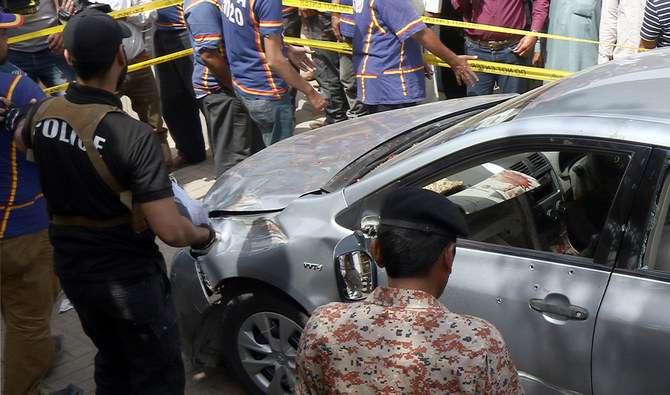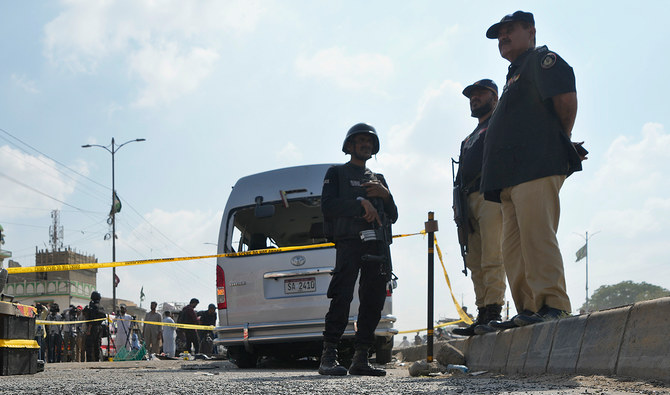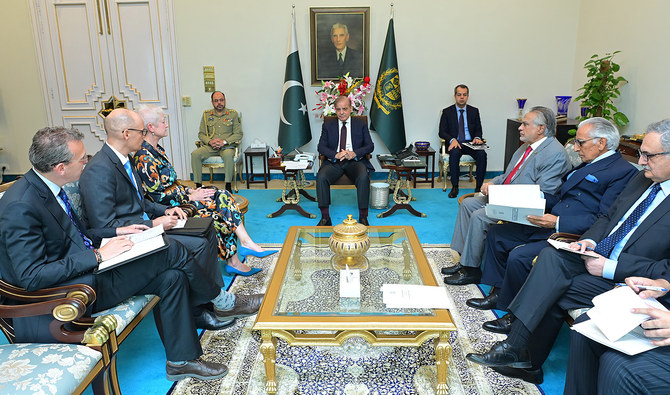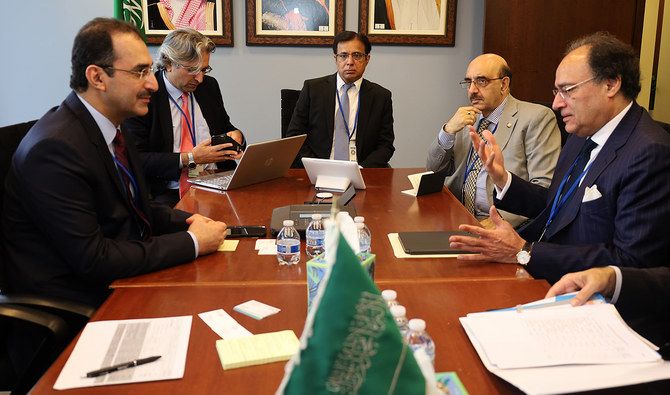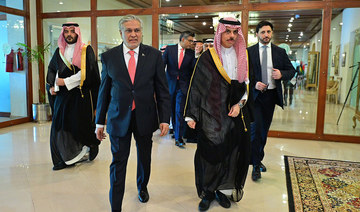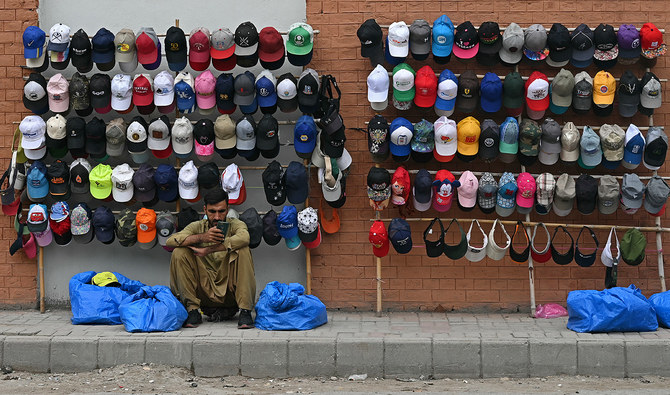KARACHI: Mobile app downloads in Pakistan declined to 3.51 billion in 2023 from 3.52 billion downloads last year while consumer spending rose to over $87 million from $82 million, according to a report released on Thursday.
Globally, the mobile app industry witnessed some recalibration where growth in new installs moderated 0.8 percent to reach 257 billion while consumer spending edged up 2.4 percent to $171 billion, according to a report by Data Darbar, a data and market intelligence platform, and Emirati streaming platform Begin.
“After two years of being the fastest growing major market, new app downloads from Pakistan tapered off slightly in 2023,” Natasha Uderani, co-founder of Data Darbar, said in a statement issued on Thursday.
The decline was in line with the global slowdown where many peer countries, such as Egypt, Indonesia and Vietnam, experienced similar trends, Uderani said.
Just over a third of all Pakistani downloads during 2023 were games while the share of apps stood at 64 percent. This aligned with the global trend where 34 percent of the installs were for apps and the remaining 66 percent for games.
However, with continuous decline in the cost of broadband, Pakistanis were now consuming more mobile data than ever, which meant that apps would take center stage for the country’s digitalization wave and the growth in downloads will reaccelerate in the coming years.
Meta and ByteDance dominated the most downloaded apps chart, with Tiktok comfortably taking the lead at almost 32 million installs during 2023 while WhatsApp Business followed behind, the data showed.
This was in line with the global trend where the two big tech giants remained the top publishers. Among games, the offline habits replicated in the online realm as three of the five most downloaded games in Pakistan were Ludo apps.
Among categories where publishers performed well, entertainment and finance stood out with downloads of 172 million and 144 million, respectively. The former featured Jazz-owned Tamasha in the top spot while Telenor’s Easypaisa led in the latter.
“The rise of streaming and finance apps in Pakistan underscores the underlying shift toward mobile for the delivery of not only entertainment but also banking services,” said Jonathan Mark, chief commercial officer of Begin, a UAE-headquartered streaming service launching in the GCC region and South Asia.
“As consumers become more tech-savvy and their demand for digital services increases, we expect to see further growth and innovation in these and other app categories.”
Pakistanis spent about 99 billion hours using mobile apps where 7.5GB average data was consumed by the users per month. This translates into a jump of 13.8 percent compared to 87 billion hours in 2022, meaning Pakistanis spent an additional 12 billion hours on their mobiles during the year, the report added.
The South Asian nation, in line with the global trends, also experienced a continuous decline in the average cost of one gigabyte (GB) of data. Compared to the FY18 levels, cost has plunged by 71.4 percent to Rs32.8. However, over the last two years, the rate of decline has moderated noticeably and is now in just single digits.
The total cellular subscriptions in Pakistan fell annually to close FY23 at 190.9 million, down 1.9 percent from 194.6 million, first instance of decline in at least six years, and possibly on record.
Both Jazz and Telenor, the two largest telecoms, contributed to the downward trend with their subscriptions falling by 4.1 million and 3.1 million, respectively, according to the report.
On the supply side, the total apps published by Pakistani developers continued its downward slide and hit just over 4,800 in 2023, down 11.4 percent. This was almost singularly driven by Google Play, where the count of Android apps fell by 600. Consequently, the share of iOS in the aggregate edged up to 22.3 percent.




